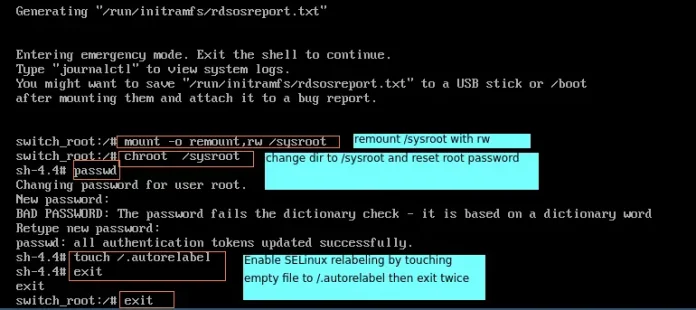Given an array of integers, evaluate queries of the form LCM(l, r). There might be many queries, hence evaluate the queries efficiently.
LCM (l, r) denotes the LCM of array elements
that lie between the index l and r
(inclusive of both indices)
Mathematically,
LCM(l, r) = LCM(arr[l], arr[l+1] , ......... ,
arr[r-1], arr[r])
Examples:
Inputs : Array = {5, 7, 5, 2, 10, 12 ,11, 17, 14, 1, 44}
Queries: LCM(2, 5), LCM(5, 10), LCM(0, 10)
Outputs: 60 15708 78540
Explanation : In the first query LCM(5, 2, 10, 12) = 60,
similarly in other queries.
A naive solution would be to traverse the array for every query and calculate the answer by using,
LCM(a, b) = (a*b) / GCD(a,b)
However as the number of queries can be large, this solution would be impractical.
An efficient solution would be to use segment tree. Recall that in this case, where no update is required, we can build the tree once and can use that repeatedly to answer the queries. Each node in the tree should store the LCM value for that particular segment and we can use the same formula as above to combine the segments. Hence we can answer each query efficiently!
Below is a solution for the same.
Python3
# LCM of given range queries using Segment Tree MAX = 1000 # allocate space for tree tree = [0] * (4 * MAX) # declaring the array globally arr = [0] * MAX # Function to return gcd of a and b def gcd(a: int, b: int): if a == 0: return b return gcd(b % a, a) # utility function to find lcm def lcm(a: int, b: int): return (a * b) // gcd(a, b) # Function to build the segment tree # Node starts beginning index of current subtree. # start and end are indexes in arr[] which is global def build(node: int, start: int, end: int): # If there is only one element # in current subarray if start == end: tree[node] = arr[start] return mid = (start + end) // 2 # build left and right segments build(2 * node, start, mid) build(2 * node + 1, mid + 1, end) # build the parent left_lcm = tree[2 * node] right_lcm = tree[2 * node + 1] tree[node] = lcm(left_lcm, right_lcm) # Function to make queries for array range )l, r). # Node is index of root of current segment in segment # tree (Note that indexes in segment tree begin with 1 # for simplicity). # start and end are indexes of subarray covered by root # of current segment. def query(node: int, start: int, end: int, l: int, r: int): # Completely outside the segment, # returning 1 will not affect the lcm; if end < l or start > r: return 1 # completely inside the segment if l <= start and r >= end: return tree[node] # partially inside mid = (start + end) // 2 left_lcm = query(2 * node, start, mid, l, r) right_lcm = query(2 * node + 1, mid + 1, end, l, r) return lcm(left_lcm, right_lcm) # Driver Code if __name__ == "__main__": # initialize the array arr[0] = 5 arr[1] = 7 arr[2] = 5 arr[3] = 2 arr[4] = 10 arr[5] = 12 arr[6] = 11 arr[7] = 17 arr[8] = 14 arr[9] = 1 arr[10] = 44 # build the segment tree build(1, 0, 10) # Now we can answer each query efficiently # Print LCM of (2, 5) print(query(1, 0, 10, 2, 5)) # Print LCM of (5, 10) print(query(1, 0, 10, 5, 10)) # Print LCM of (0, 10) print(query(1, 0, 10, 0, 10)) # This code is contributed by # sanjeev2552 |
Output:
60 15708 78540
Please refer complete article on Range LCM Queries for more details!
Ready to dive in? Explore our Free Demo Content and join our DSA course, trusted by over 100,000 neveropen!




